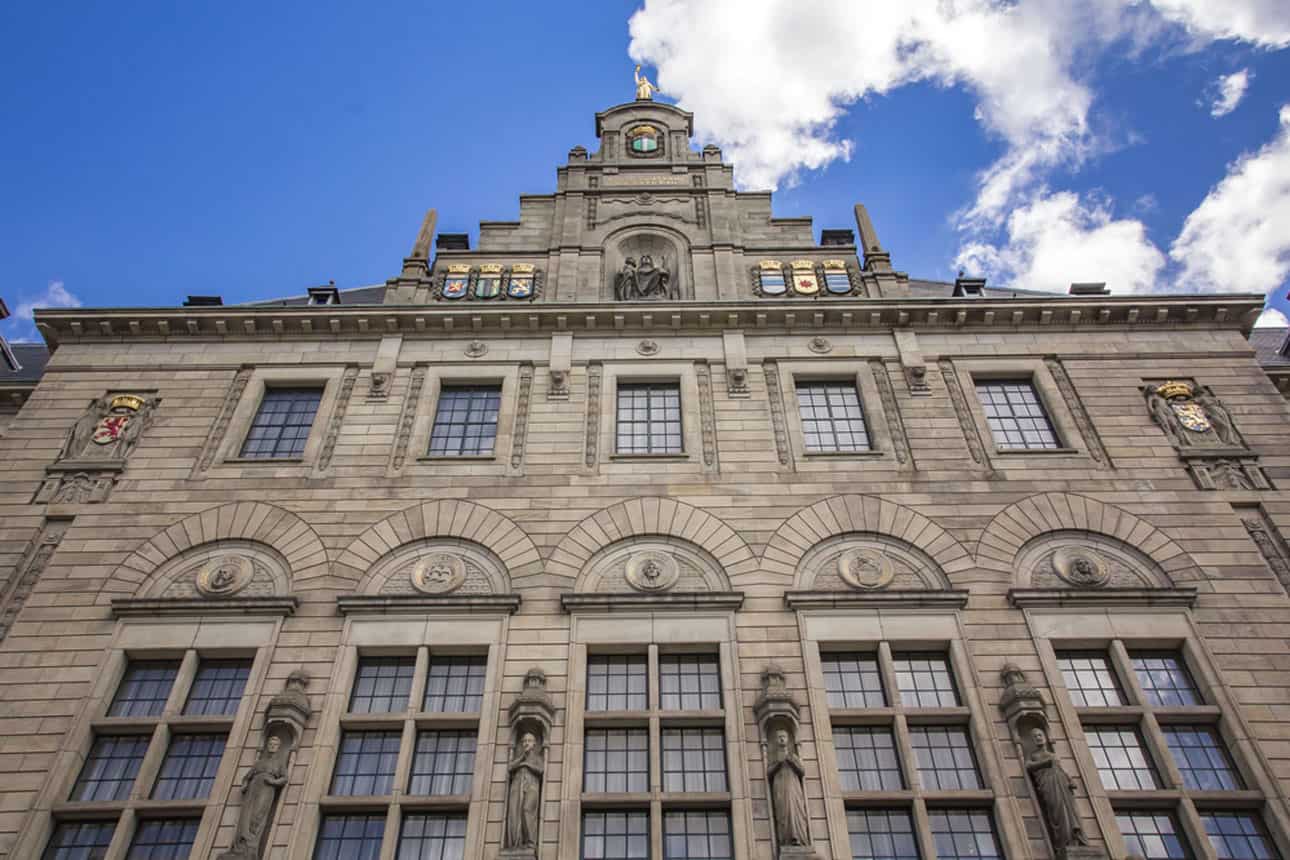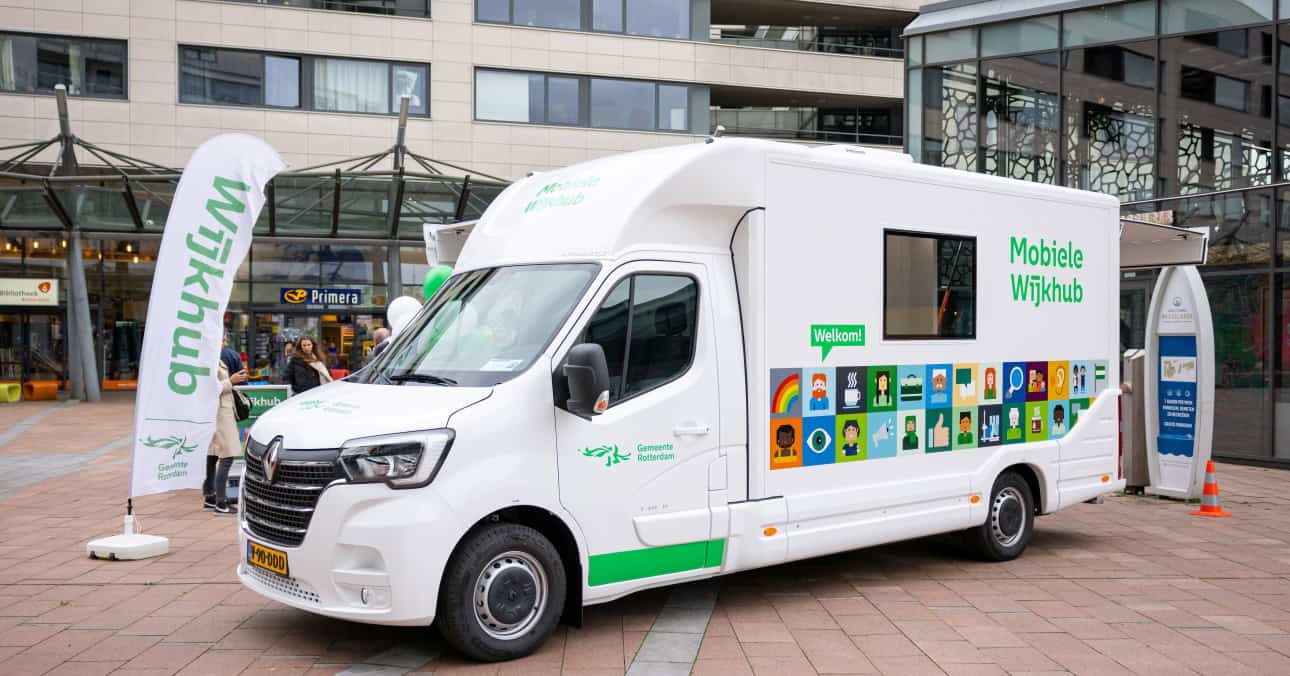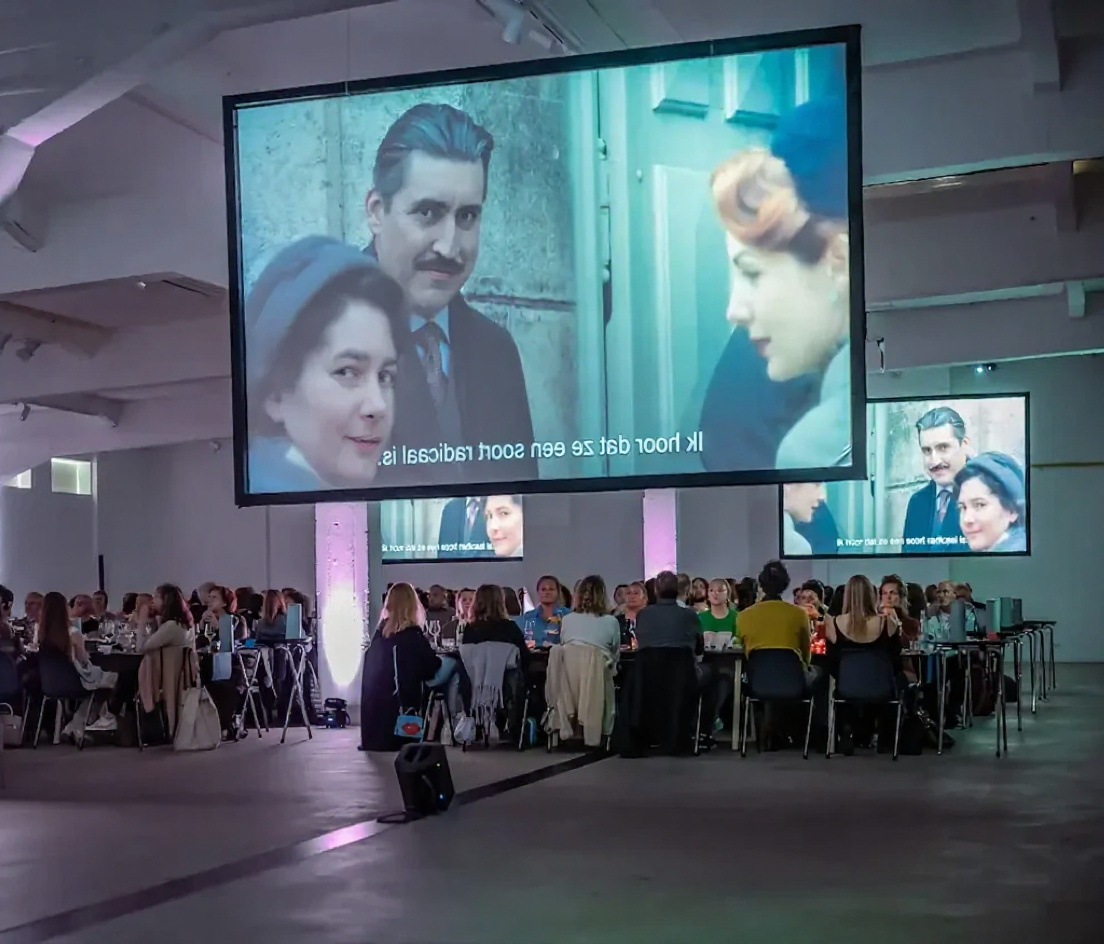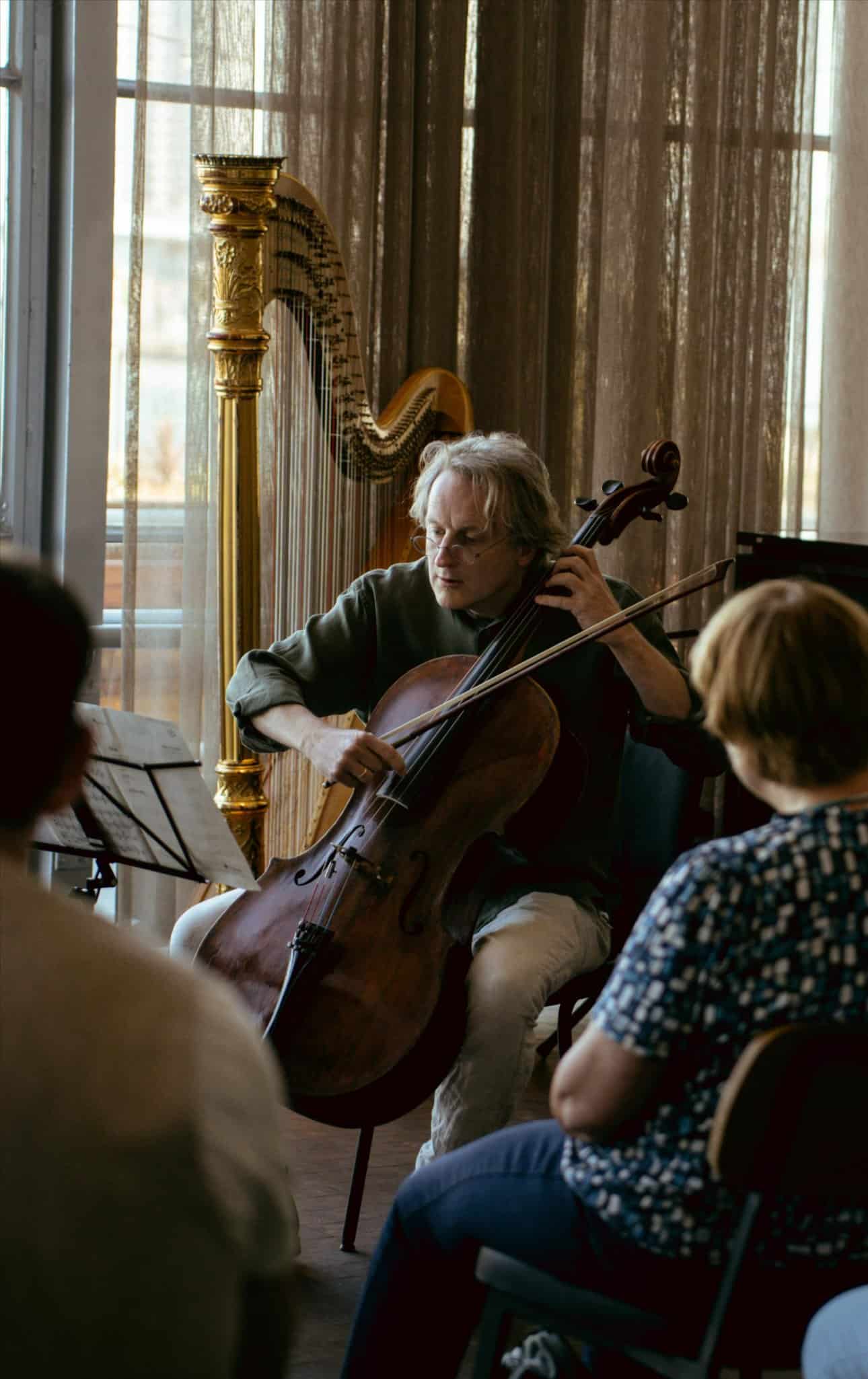ROTTERDAM, 19 November 2025 – Rotterdam is launching a new offensive against persistent street nuisance. The city will combine tailored care with stricter enforcement to reduce visible disruption while still offering support and perspective to people in vulnerable situations.
City launches offensive against street nuisance
The municipality of Rotterdam has announced a broad, intensive approach to tackle people who most frequently cause nuisance in public space, described as an offensive against street nuisance (offensief tegen overlast op straat). The programme aims to reduce both actual nuisance and the feeling of insecurity among residents and visitors, while offering targeted help to those involved.
Residents have been signalling that visible nuisance by people living on the streets is increasing. It often concerns individuals with a combination of addiction, mental health issues and homelessness, linked to behaviour such as drug dealing, aggression, littering, begging and sleeping in doorways. Earlier programmes, including the Action Plan for Rough Sleepers (Actieplan Buitenslapers) and the shelter at Volkelstraat, have delivered results, but in several districts the problems remain stubborn and highly visible.
Targeting a small group with large impact
The new approach focuses on a relatively small group of about seventy people within the wider, changing group of rough sleepers who cause a disproportionate amount of nuisance. The core of the plan is individual case management: for each person a specific mix of care, legal measures and enforcement will be put together.
Where possible, care pathways will be linked to administrative measures such as area or district bans. If someone refuses support, repressive measures will follow more often than before. In this way, the city wants to offer chances for recovery while also setting clearer boundaries for behaviour that affects the quality of life in streets and neighbourhoods.
Street teams combine care and enforcement
A new street team of outreach workers, totalling around 4–5 full-time posts, will seek long-term contact with people in this group. Their task is to guide individuals towards appropriate shelter, care or return options, depending on their situation. The street team will work closely within a specialist team that includes municipal enforcement officers and police, so that support and enforcement reinforce each other rather than operating separately.
For EU migrants who do not cooperate with existing support offers, follow-up will become stricter. At the same time, the municipality plans to expand administrative and criminal-law options against dealers. Better case documentation should help police and the Public Prosecution Service take more targeted action. The Toezicht & Handhaving service will reserve part of its available time specifically for the approach to street nuisance, and the city is exploring whether special investigating officers (boa’s) can be given extra powers.
Extra shelter and tailored housing
On the shelter and housing side, Rotterdam will create fifteen single-occupancy places with 24/7 guidance and security in the short term. These are intended for people who cannot stay in group facilities. In this quieter, individual setting, stabilisation can take place and professionals can quickly assess which follow-up care is appropriate, such as detox programmes or protected housing.
Where necessary, the municipality will look at temporary and creative housing solutions, including tiny houses or caravans. For part of the approach, the city considers it desirable that national government broadens the legal framework for compulsory admission of people whose severe addiction is putting them in serious danger. At present, the threshold for such measures is high.
Investment, legal framework and next steps
The municipal executive acknowledges that the approach requires time, staffing and financial resources. Exact costs differ per measure and some elements, such as shelter locations without a fixed building yet, are still uncertain. The city is looking for financial coverage within the existing budget. Legally, the shelter component falls under the Social Support Act (Wmo 2015), while medical addiction care is covered by the Health Insurance Act (Zorgverzekeringswet), which means that in some cases clinical or specialised care outside regular shelter facilities will be needed.
The citywide programme starts immediately with a first phase that includes the announced interventions. The experience gained over the coming year will be used to determine which measures are most effective; on that basis, a second phase will be designed for the next three to five years. The mayor and aldermen stress that serious nuisance in Rotterdam is not tolerated, while everyone who needs help will, wherever possible, be offered suitable care and a path towards more stability.








.jpeg)







